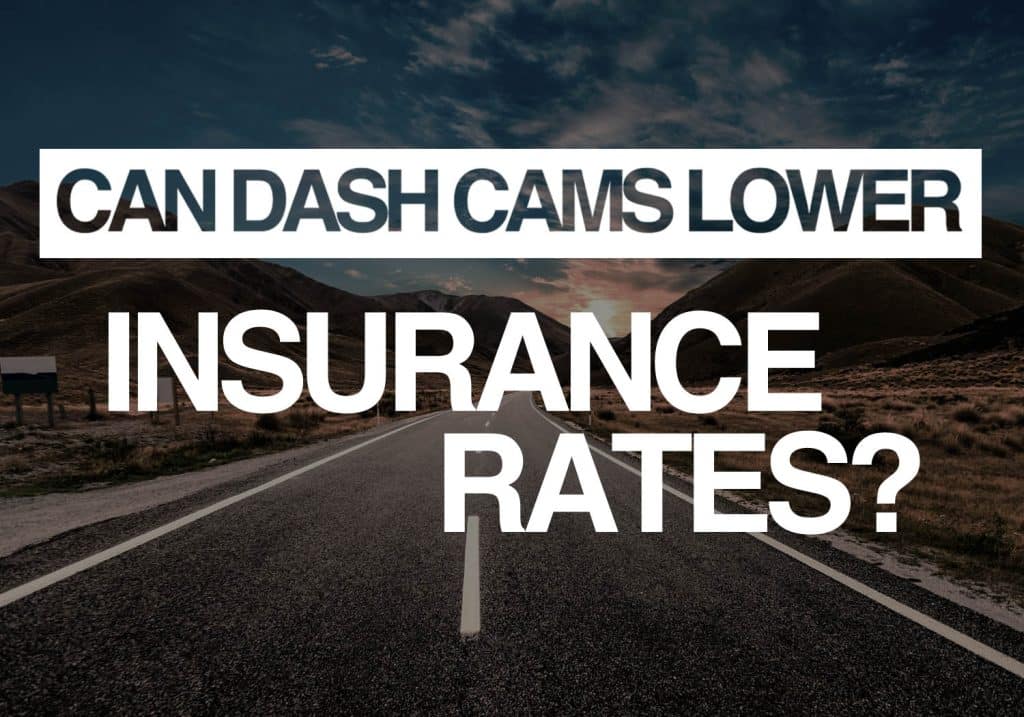Can Dash Cams Lower Insurance Rates?
Can dash cams lower insurance rates? 100%, yes!
Consider the following case. Two fleet owners got together and talked about their insurance. Their fleets used the same insurers and had a similar history, so the business owners expected to pay similar premiums. However, to the surprise of both owners, one of the companies was paying significantly less on their premiums. Why?
The difference was that one fleet used fleet cameras while the other fleet did not. Just like the fleet owner with higher premiums, many people wonder why dash cams lower insurance rates.
Why do dash cams lower insurance rates?
Insurers reduce rates whenever a client is considered less risky or whenever a solution reduces business costs. Hence, many insurers categorized fleet cameras a risky reducing and a money saving solution because fleet cameras reduce false claims, reduce client accident rates, and saves admin time.
Dash cams reduce false claims.
Firstly, dash cams lower insurance rates by reducing false claims. False claims are extremely relevant for fleet operations because 80% of company drivers are not responsible for an accident involving commercial vehicles.
Hence, dash cams protect drivers by capturing incidents. In turn, insurers are also off the hook from covering the accident when cameras prove their client’s innocence.
Dash cams reduce accident rates.
Secondly, dash cams lower insurance rates by reducing accident rates. Drivers are much more likely to drive safer when cameras are monitoring them. Additionally, many fleets use fleet cameras as a training tool by recording and reviewing incidents.
Dash cams reduce insurance admin work.
Thirdly, dash cams lower insurance rates by reducing an insurer’s admin cost. Dash cams reduce admin cost because getting a video footage significantly shortens the insurance claim cycle.
To illustrate this point, consider filing an insurance claim. What does a claimer need to provide? Traditionally, claimers need to send facts by taking pictures and providing witness statements. In other words, insurers need to constantly ask their client for more information. In contrast, a video footage provides all of that information and eliminates a long claim process.
Insurance & fleet cameras will continue to be closely aligned.
In summary, both insurers and their clients see fleet cameras as a useful tool. In fact, many insurers now have fleet cameras as a mandated item for their clients and incentivize their clients for their investment. With the continued growth of dash cameras, we anticipate continued collaboration between the insurance industry and the dash camera industry.
Liked this blog? Please leave a rating or comment below! Check our other blogs on Dash Cams:
Benefits of Dash Cams: 5 Reasons to Buy Dash Cams for Your Fleet
Choosing the Best Commercial Vehicle Camera System For Your Fleet


